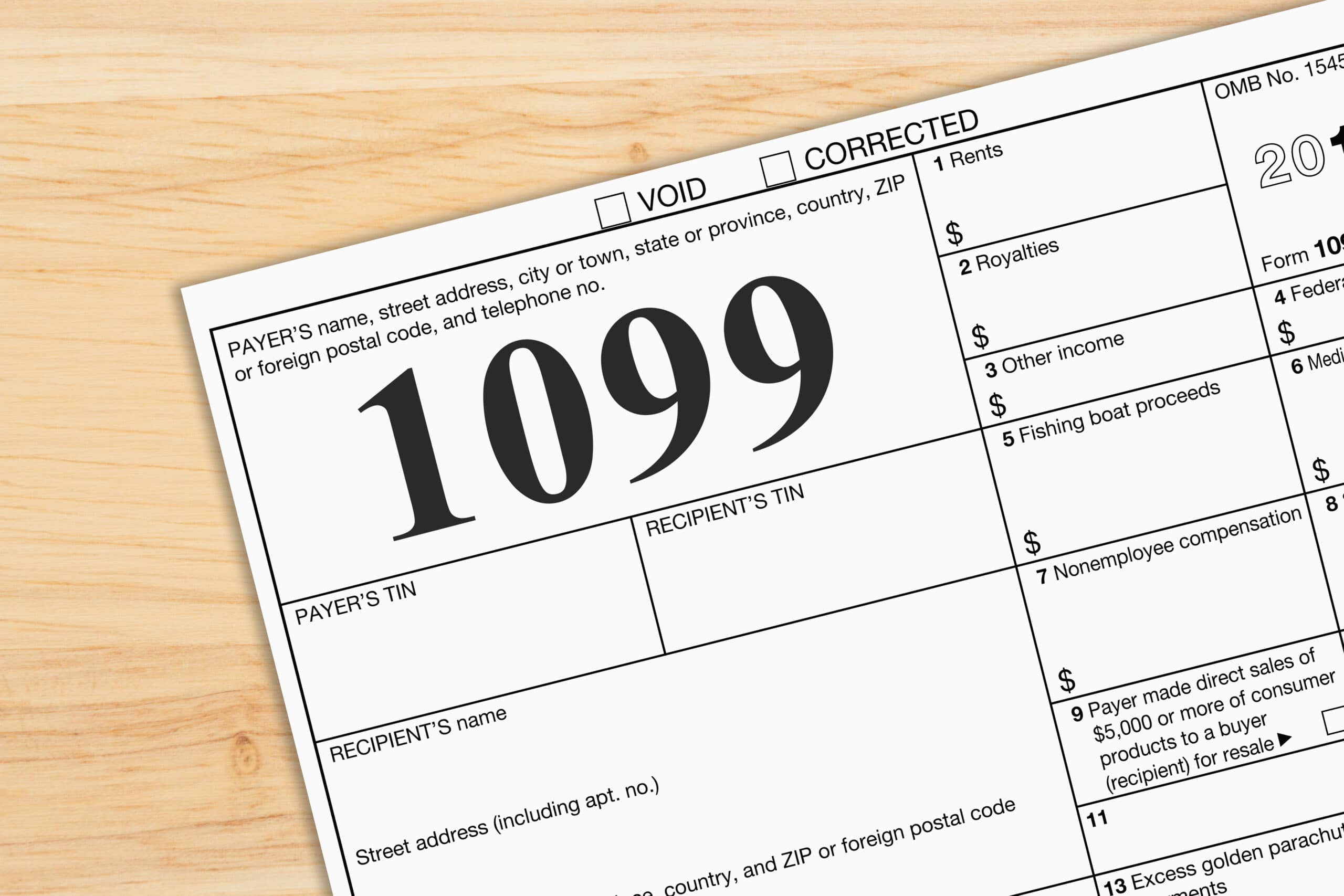As small business owners we are required in certain circumstances to send 1099s to the service providers we work with. This year the deadline is January 31, 2025. That means that you must have the 1099 either mailed or filed electronically with the IRS and sent to the recipient by January 31. But how do you know if you actually need to send a 1099?
Generally you need to send 1099s to all independent contractors or vendors that you paid over $600 for services in the course of the year on behalf of your business. This will include people like your accountant, your bookkeeper, anyone you hired to help you with social media or content creation, photographer, etc. If you spent over $600 in the calendar year, you probably need to send them a 1099-NEC.
I say “probably” because there are several exceptions to the rule for sending out 1099s.
1099 Exception One: Less than $600
The threshold requirement for sending a 1099-NEC is $600 spent in the calendar year. If the total amount you spent with a single service provider is up to $599.99, you do NOT need to send a 1099-NEC. The amount spent does not have to be in a single transaction; it is cumulative over the course of a year. So look at the total amount you spent with the provider for the entire year.
1099 Exception Two: Credit Card Payments
The biggest exception is credit card payments. If you paid your service provider by credit card, do NOT send them a 1099. That money will already be reported by the credit card payment processors on a 1099K form. And if you send them a 1099 NEC, their income is actually going to be reported to the IRS twice. So if you paid by credit card, don’t send the 1099.
1099 Exception Three: Entity Type
Corporation: If the service provider is a C Corporation, you do NOT need to send a 1099.
LLC: If the service provider is an LLC, you need to ask another question – how are they taxed? You DO need to send 1099s to any LLC taxed as a disregarded entity. You do NOT need to send a 1099 to an LLC taxed as an S Corporation.
Sole Proprietor or Partnership: If the service provider is a sole proprietor or partnership, then you DO need to send a 1099.
The exception to the exception.
Because the IRS can’t make anything easy, there is one big exception to the exceptions that just drives me nuts. For whatever reason, the IRS has singled out attorneys. And if you pay attorneys more than $600 in a year (this is FEES only, not pass-through expenses), even if they are a corporation or an S Corp, you still have to send the 1099-NEC UNLESS you paid by credit card. If you paid by credit card, the 1099K rules trump the 1099-NEC rules, and you do NOT need to send a 1099-NEC.
And I know that’s all crazy and very confusing. If you have questions, I suggest you talk to your tax professional.





